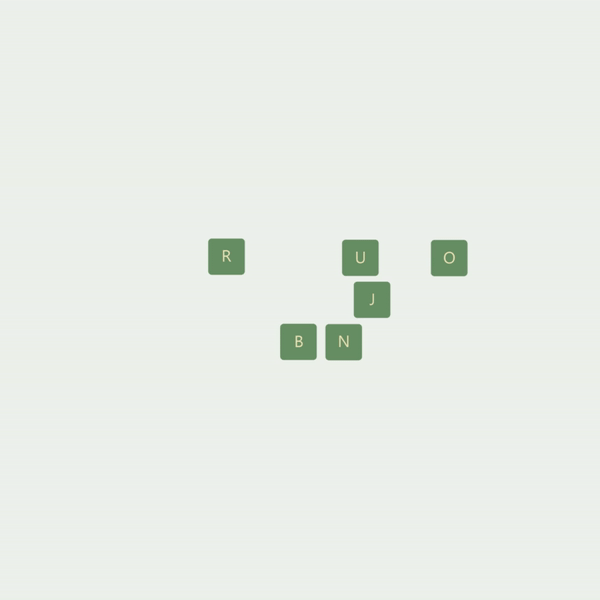The goal
Callio's mission is to help disabled children become independent by learning to use the keyboard. The aim is to provide as much support as possible. So that, after a “setting up” phase in the presence of an adult, the child can evolve on his or her own. The application breaks down every stage of the learning process, using as many senses as possible to engage all available memories: auditory, visual, tactile, spatial and muscular. All the while requiring the minimum possible “retransmission” effort. Simply put, in time, the child will have learned to orientate himself on an evolving keyboard, and will simply have to press the appropriate key to communicate through writing.
The challenge
Callio capitalizes on screen time, encouraging learning and increasing his sense of achievement. Since he's never in a situation of failure, he stays engaged in the activity, which constantly either shows him what to do, or gives him access to videos focused on his own interests.
So, with his ever-increasing attention to the task in hand, every minute of screen time becomes a springboard for developing literacy skills.
And while Callio is no substitute for human interaction, it becomes a major companion between sessions with a therapist.
How the application works
The strength of this application lies in the fact that it draws on all the means of learning and reproduction (visual, aural and tactile), and that it is profoundly adapted to disability, as it is based on information prompting. Let me explain: the word is represented in writing, by sound and by a pictogram.
However, the child is not asked to reproduce it verbally (which requires muscular and nervous conjunction and cooperation), but only to point to the letters on a keyboard that is itself ultra-reduced to the letters of the word itself. In this way, the child is exposed to failure only to a very limited extent (all he has to do is copy the letters he sees in the right order) and is systematically and constantly guided towards success. He will be encouraged to repeat the exercise several times and to integrate the word visually, audibly and muscularly on a keyboard.
When the task is successfully completed, the child accesses a playlist, selected by his parents according to his interests, for 30 seconds before resuming the exercise.
On the one hand, parents retain control over the content accessible to their children and, on the other, the restriction of viewing time enables them to remain focused on the exercise while alternating between task, success and entertainment, so that each step is transparent, fun and safe.
The story
The story began in Switzerland, when Charlotte learned that her two children were suffering from an extremely rare and degenerative genetic disease, with no prospect of a future and no allopathic or palliative therapy.
It was then that she decided to undertake any training that could in any way improve her children's progress.
In 2017, she set up a Son-Rise program for each of her children. Hiring Aupairs/Volunteers to carry out awakening, play and movement sessions with these two children.
During these many hours, many educational games were proposed thanks to the imagination and creativity of the caregivers.
This is where Luc, in 2020 during Covid, “combined” several of the children's favorite games with an “academic” request: writing.
After a few months of trying it became clear that the individual tools available were too complex for the children, however, by modifying them a little and “prompting” the children, they succeeded almost every time.
After his au pair year, luc took this idea back to his business school and developed it into a long-term project. When he finished his studies, he teamed up with Charlotte to fully develop the game they had devised years earlier.





